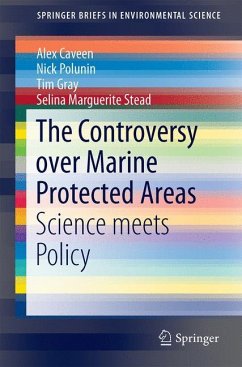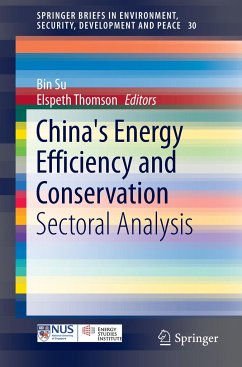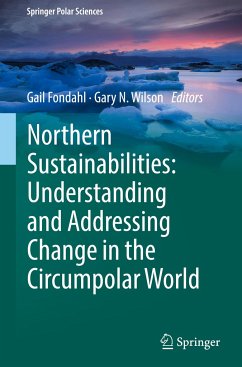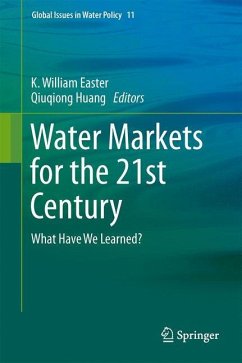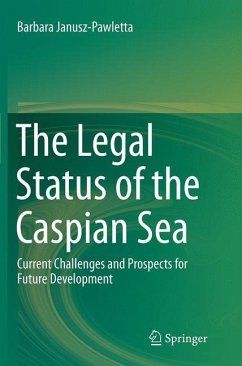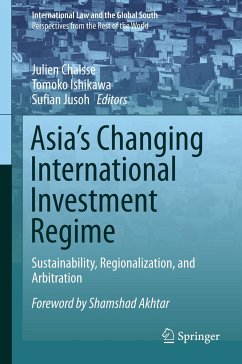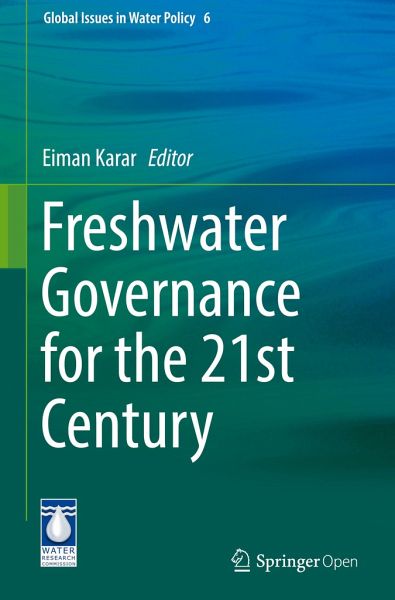
Freshwater Governance for the 21st Century
Versandkostenfrei!
Versandfertig in 6-10 Tagen
38,99 €
inkl. MwSt.

PAYBACK Punkte
19 °P sammeln!
The objective of this book is to broadly illustrate the key aspects of water governance, mapping the spectrum of decision-making from techno-centric and eco-centric approaches, to hybrid concepts and people-centric approaches. Topics covered include the challenges for water-governance models, the polycentric model, the integration challenge, water in the decision-making hierarchy, and the rise of water-sensitive design, while also taking into account interdependencies between stakeholders, as well as the issue of scale. The book's content is presented in an integrated and comprehensive format...
The objective of this book is to broadly illustrate the key aspects of water governance, mapping the spectrum of decision-making from techno-centric and eco-centric approaches, to hybrid concepts and people-centric approaches. Topics covered include the challenges for water-governance models, the polycentric model, the integration challenge, water in the decision-making hierarchy, and the rise of water-sensitive design, while also taking into account interdependencies between stakeholders, as well as the issue of scale.
The book's content is presented in an integrated and comprehensive format, building on detailed case studies from around the world and the authors' working experiences in the water sector. Combining essential insights with accessible, non-technical language, it offers a valuable resource for academics, technicians and policy-makers alike.
The book's content is presented in an integrated and comprehensive format, building on detailed case studies from around the world and the authors' working experiences in the water sector. Combining essential insights with accessible, non-technical language, it offers a valuable resource for academics, technicians and policy-makers alike.





